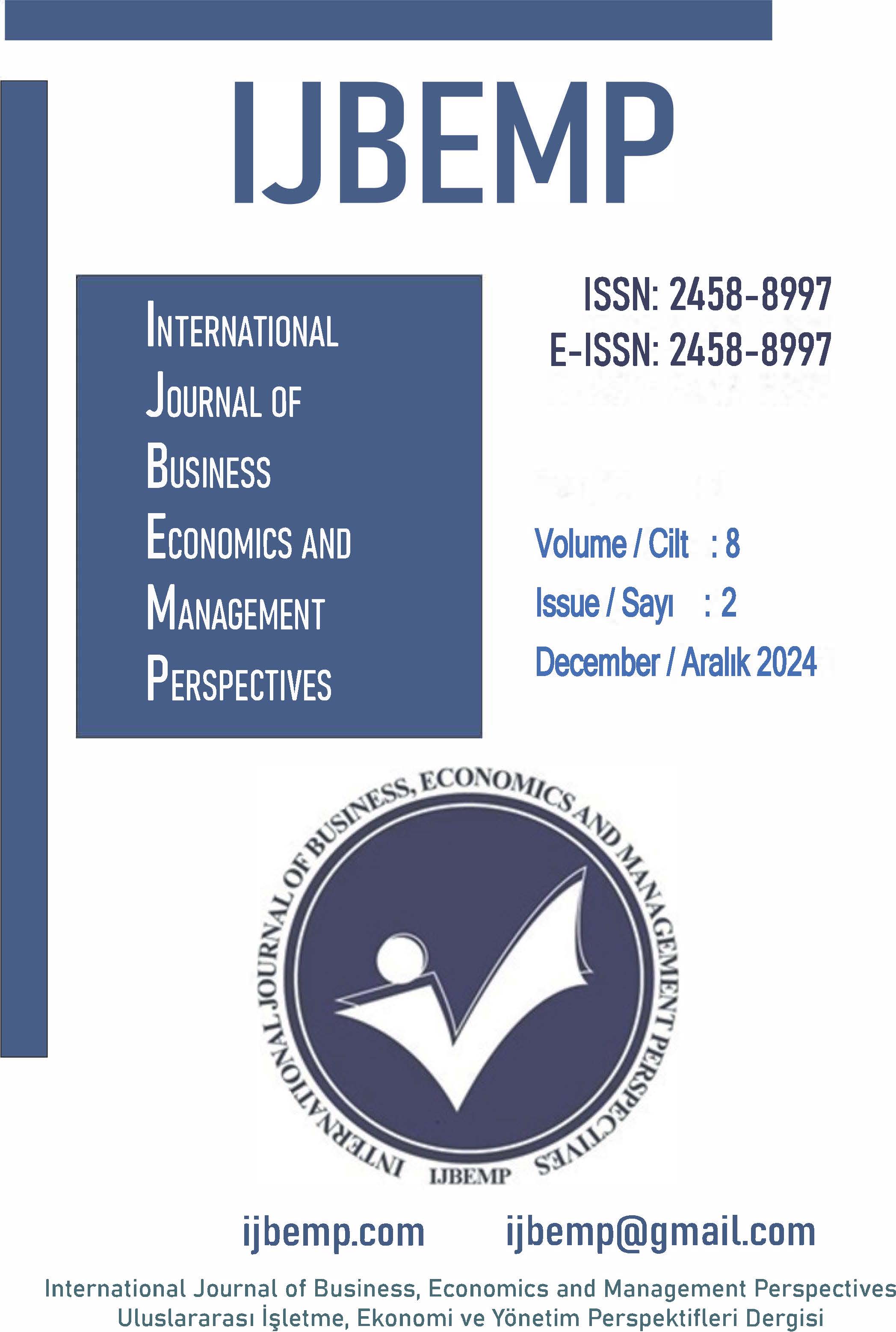Author :
Abstract
Bu makale Avrupa’nın iktisadi düşünce tarihinde varlık bulmuş sıfır toplam ekonomi algısının ve XVIII. yüzyıl ile birlikte dönüşüm geçiren bu algının dönüşüm dinamiklerinin neler olduğunu çözümlemek amacıyla kaleme alınmıştır. Çalışmanın ana sorusu, XVIII. yüzyıla kadar Avrupa insanının düşünce dünyasında var olan sıfır toplam ekonomi algısının ve bu algının dönüşümünün dinamikleri nelerdir şeklinde formüle edilebilir. Makalenin iddiası, sıfır toplam ekonomi algısının temelinde dini ve ahlaki değerlerden daha çok tarihsel ekonomik koşulların baskın olduğu ve bu koşulların değişmesi ile bu algının da dönüşüm geçirdiğidir. Söz konusu amaca ulaşmak ve belirtilen soruyu çözümlemek için sıfır toplam ekonomi algısının ne olduğu ile bu algının kökeninde ve dönüşümündeki tarihsel ve inanç dinamiklerinin neler olduğu çözümlenecektir. Makaleden elde edilmesi umulan sonuç, Avrupa toplumlarında sıfır toplam ekonomi algısının oluşmasında tarihsel-konjonktürel koşulların baskın olduğu ancak bu koşulların dini ve etik değerler tarafından desteklendiğidir.
Keywords
Abstract
This article has been written to analyze the perception of zero-sum economy that has existed in the history of European economic thought and the transformation dynamics of this perception that transformed with the 18th century. The main question of the study can be formulated as the perception of zero-sum economy that existed in the world of thought of European people until the 18th century and the dynamics of the transformation of this perception. The claim of the article is that the perception of zero-sum economy is based on historical economic conditions rather than religious and moral values and that this perception also transformed with the change of these conditions. In order to achieve the aforementioned purpose and to solve the stated question, the perception of zero-sum economy and the historical and belief dynamics in the origin and transformation of this perception will be analyzed. The expected result of the article is that historical-conjunctural conditions are dominant in the formation of the perception of zero-sum economy in European societies and that the conditions are supported by religious and ethical values.





